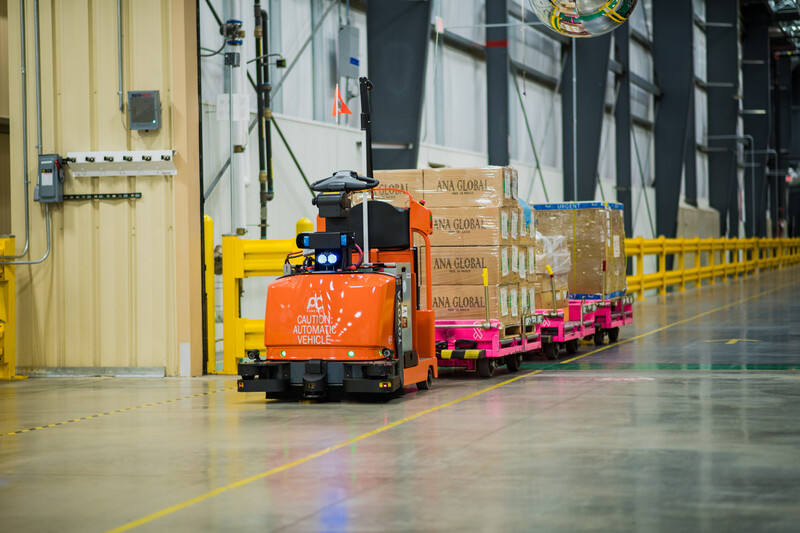In recent years, the rapid growth of e-commerce has revolutionized the retail landscape, transforming the way consumers shop and businesses operate. As online shopping continues to soar, the demand for efficient material handling processes has never been greater. In this blog post, we’ll explore the profound impact of the e-commerce boom on material handling practices and the innovative solutions emerging to meet the evolving needs of the industry.
The Rise of E-commerce
The rise of e-commerce has been nothing short of meteoric, with online sales consistently outpacing traditional brick-and-mortar retail. This shift in consumer behavior, fueled by convenience, accessibility, and an abundance of options, has led to a fundamental restructuring of supply chains and logistics networks.
Challenges for Material Handling
With the exponential growth of e-commerce comes a host of unique challenges for material handling operations. These challenges include:
– Order Fulfillment Speed: Customers expect fast and reliable delivery, placing immense pressure on warehouses to fulfill orders quickly and accurately.
– Variability in Order Sizes: E-commerce orders tend to be smaller and more frequent compared to bulk shipments to retail stores, necessitating greater flexibility in handling diverse product sizes and SKUs.
– Peak Season Surges: Seasonal peaks, such as holidays and promotional events, result in sudden spikes in order volumes, testing the capacity and scalability of material handling systems.
– Returns Management: E-commerce returns are significantly higher than those in traditional retail, requiring efficient reverse logistics processes to handle returned merchandise.
Innovative Solutions
To address these challenges, material handling professionals are leveraging innovative technologies and strategies tailored to the unique demands of e-commerce fulfillment:
1. Automation and Robotics
Automation plays a pivotal role in streamlining e-commerce fulfillment operations. Automated guided vehicles (AGVs), robotic picking systems, and automated conveyor systems enable warehouses to process orders faster and more efficiently, reducing labor costs and increasing throughput.
2. Advanced Sorting and Routing Systems
Sophisticated sorting and routing systems utilize algorithms and machine learning to optimize order picking and fulfillment processes. These systems dynamically allocate resources, prioritize orders, and route items through the warehouse, minimizing travel time and maximizing productivity.
3. Scalable Warehouse Management Systems (WMS)
Scalable warehouse management systems provide real-time visibility and control over inventory, orders, and workflows. Cloud-based WMS solutions offer the flexibility and scalability needed to accommodate fluctuations in order volumes and adapt to changing business requirements.
The e-commerce boom has reshaped the landscape of material handling, presenting both challenges and opportunities for businesses in the industry. By embracing innovative technologies and strategies tailored to the demands of e-commerce fulfillment, material handling professionals can optimize operations, enhance efficiency, and meet the evolving needs of online shoppers. As e-commerce continues to evolve, the role of material handling in facilitating seamless order fulfillment will remain paramount in driving customer satisfaction and business success. Here at Southeast Industrial Equipment we are proud to offer our customers advance automated vehicles and systems. To learn more contact us here.
